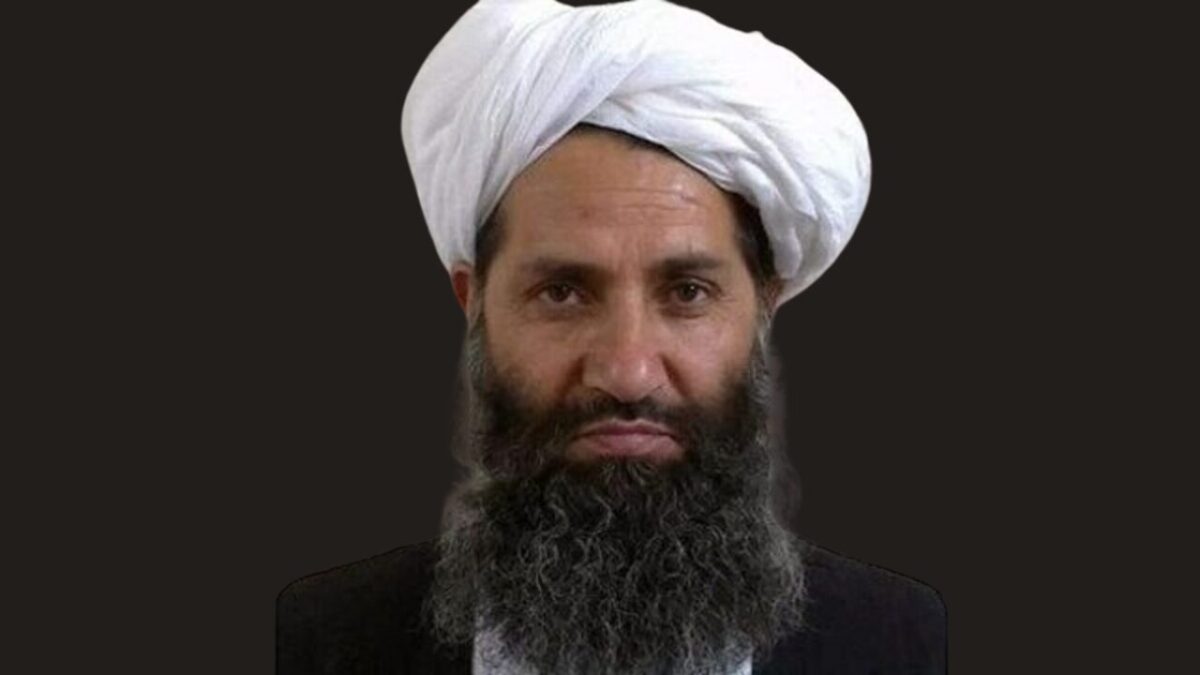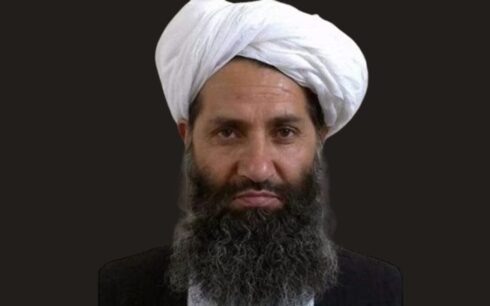KABUL, Afghanistan — Amid growing reports of internal divisions within the Taliban, their reclusive supreme leader, Hibatullah Akhundzada, has called on his provincial officials to obey central authority, according to a statement issued by a Taliban spokesperson.
In a meeting with Mehrullah Hamad, the Taliban governor of Paktia province, Akhundzada emphasized the importance of adhering to the directives of Taliban leadership.
The meeting was also attended by the province’s police chief, intelligence director, and head of the council of clerics, Zabihullah Mujahid, the Taliban’s chief spokesman, said in a post on X.
Akhundzada also reiterated the enforcement of the Taliban’s “propagation of virtue and prevention of vice” law, which has come under international scrutiny for its strict interpretation of Islamic rules and its impact on civil liberties.
The remarks come against the backdrop of reported tensions between Akhundzada and Sirajuddin Haqqani, the Taliban’s powerful interior minister and leader of the Haqqani network. According to five Taliban sources who spoke to Amu, Haqqani met with Akhundzada in Kandahar last month and criticized the central leadership’s increasingly hardline policies and the curtailing of his authority within the Ministry of Interior.
Sources said the meeting was mediated by Defense Minister Mohammad Yaqoob and Abdul Haq Wasiq, the Taliban’s intelligence chief. During the meeting, Haqqani warned that if current policies continued, senior Taliban figures could begin distancing themselves from the leadership.
Tensions have reportedly been simmering for months, with Haqqani expressing concern that the government’s rigid stance is alienating the public and narrowing the group’s domestic and international support.
The province of Paktia, where Akhundzada delivered his latest message, holds symbolic significance. It is the home province of Sirajuddin Haqqani, and considered a stronghold of the Haqqani network, adding further weight to the supreme leader’s call for loyalty.
Despite the Taliban’s claims of unity, they have been increasingly challenged by factionalism and ideological disagreements, particularly between the Kandahar-based leadership loyal to Akhundzada and members of the more militarized Haqqani faction.





